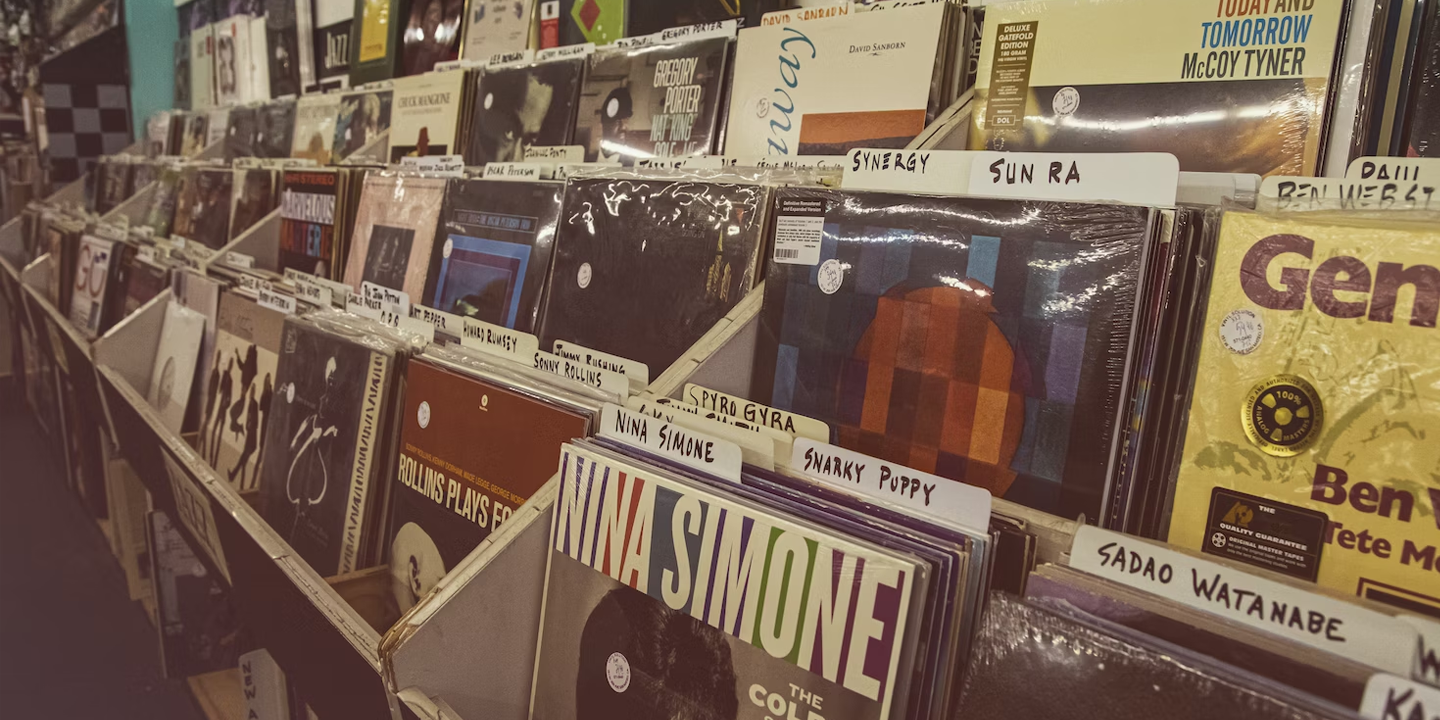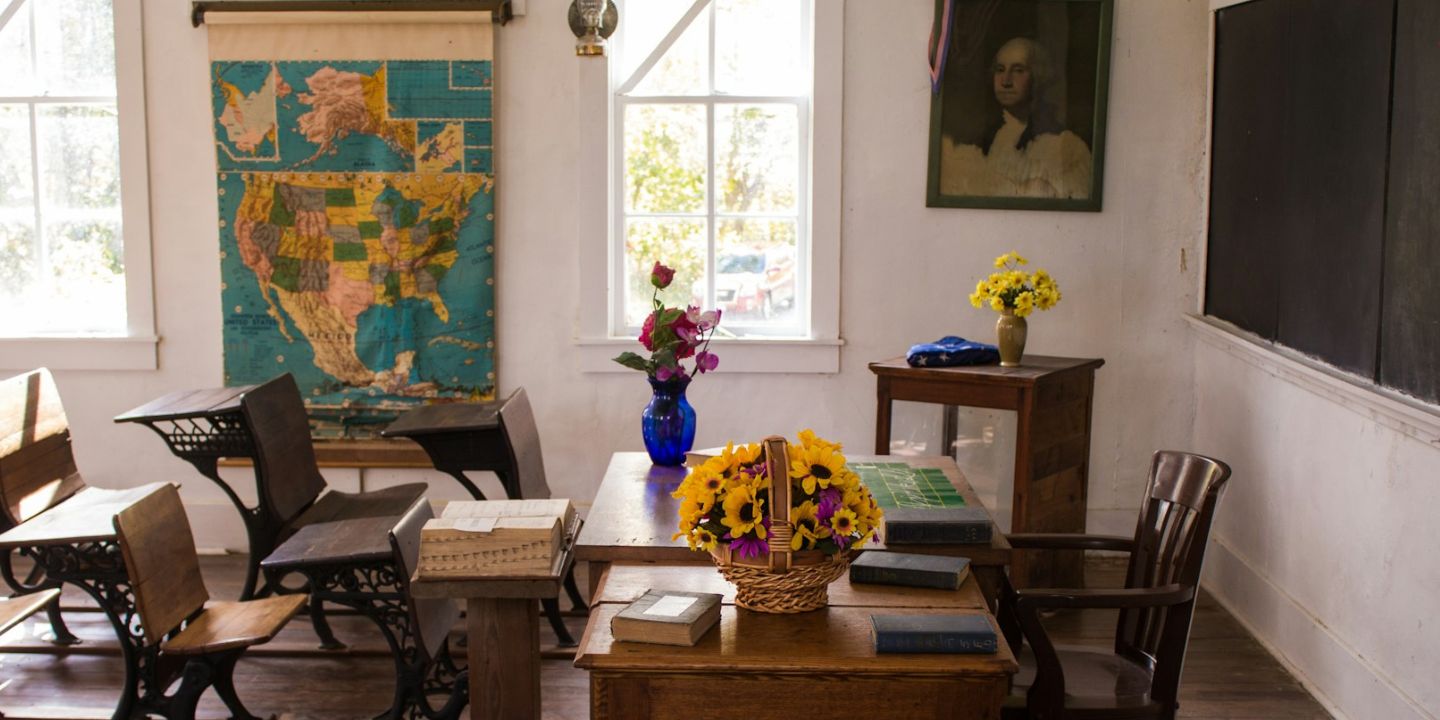Next Door Nightmares
You'll never forget the first time you realized the person in the apartment next to yours is a complete jerk! After all, living in close quarters may be cheaper, but sadly, you can't choose who lives next to you. While good neighbors fade into the background and are taken for granted, bad ones become unforgettable stories we tell for years. Or maybe you're the bad neighbor all along. Here are 20 things that make you a bad apartment neighbor.
1. Loud Music After Hours
Bass drops hit differently when you're on the wrong side of the wall. Sleep becomes impossible, work preparation suffers, and relaxation disappears while someone enjoys their personal soundtrack at maximum volume. The frustration increases when multiple requests for quiet go ignored.
2. Ignoring Pet Waste
Walking through community spaces should be enjoyable, not a hazardous activity. One overlooked deposit ruins shoes, picnics, and children's playtime simultaneously. The behavior speaks volumes: "My convenience matters more than your experience." Meanwhile, unused waste bags dangle decoratively from leashes.
3. Hogging Shared Laundry Facilities
The communal laundry room becomes a battlefield when washers sit filled with forgotten clothes for hours. Waiting residents face impossible choices: move a stranger's damp items, miss work waiting, or wear yesterday's outfit. Community living requires remembering that shared amenities belong to everyone.
4. Ignoring Basic Courtesies
This deliberate disconnection of pretending not to see neighbors you encounter daily makes communities feel like a collection of strangers. The simple nod, brief greeting, or momentary smile costs nothing. However, it contributes significantly to the formation of homes rather than just housing units.
5. Doorway Conversations At 3 AM
Late-night conversations might seem quiet to participants, but even whispers turn into clear discussions for everyone nearby. Sleep-deprived residents lie awake, involuntarily listening to weekend plans, personal drama, and delivery orders. Most annoying is when these hallway conversations stretch into lengthy debates.
6. Parking In Others' Assigned Spots
Arriving home with groceries only to find an unfamiliar vehicle in your designated parking space brings immediate stress. Hunting for alternative parking means walking across poorly lit areas, carrying heavy items much farther than planned. The violation feels personal—a disregard for clearly assigned space.
7. Leaving Trash In Hallways
What might start as a quick and easy place to throw out trash can turn into a headache when the garbage sticks around longer than expected. As time goes by and it gets hotter, liquids start leaking through the plastic, leaving messy trails on the floor.
 Barthelemy de Mazenod on Unsplash
Barthelemy de Mazenod on Unsplash
8. Disruptive Home Renovations
Yes, home improvements are necessary, but unauthorized off-hours construction shows blatant disregard for neighbors' sanity. Proper scheduling, adherence to building quiet hours, and communication with affected residents help separate considerate renovators from those who treat shared buildings like personal construction zones.
9. Letting Doors Slam Repeatedly
Buildings create sound chambers where certain noises travel with surprising efficiency. The initial bang startles, but repetition truly disturbs, especially during early mornings or late nights. A simple adjustment of the closing technique would eliminate this persistent quality-of-life issue affecting dozens of homes.
10. Strong Cooking Odors Without Ventilation
Culinary adventures bring joy to many, but without proper ventilation, those adventures become communal experiences, whether wanted or not. Pungent ingredients give rise to odors that travel through vents, under doors, and through walls. This could be overwhelming to someone with different preferences or sensitivities.
11. Unauthorized Guests In Amenities
Community pools, gyms, and lounges exist for residents who collectively pay for these features through their rent. When unauthorized guests fill these spaces, legitimate users find themselves unable to access facilities they financially support. The awkwardness of questioning unfamiliar faces leads many residents to simply leave.
12. Water Leaks Left Unreported
That small ceiling stain speaks volumes about the neighbor above. Ignored drips cascade into major disasters spanning multiple units. If one resident ignores a wobbling toilet seal, another returns home to soggy photo albums and warped floorboards. It’s always better to alert the representatives.
13. Inappropriate Child Management
Nothing builds tension faster than unaddressed screaming in common places or unsupervised children running through hallways. Equally problematic are adults who harshly discipline others' children in front of everyone. Both extremes of neglecting reasonable oversight and overstepping boundaries damage community harmony.
14. Passive-Aggressive Communication
The typed, all-caps notes taped to laundry room walls or slipped under doors rarely solve problems and often escalate tensions. These anonymous communications, frequently containing exclamation points and underlined accusations, replace mature conversation with public shaming. Always engage in direct, respectful communication.
15. Package Theft From Common Areas
The excitement of tracking notifications quickly turns to disappointment when packages vanish from doorsteps or mailrooms. Beyond the monetary value lies the frustration of reordering, filing reports, and the nagging uncertainty about which neighbor might be responsible. Community trust erodes with each missing delivery.
16. Blocking Emergency Exits
Temporarily stored bicycles, decorative plants, or discarded furniture in hallways become deadly obstacles during emergencies. What looks like convenient storage creates critical delays when seconds matter most. Fire exits must function instantly for everyone, including elderly residents and people with mobility issues.
17. Creating Safety Hazards
Disabled smoke detectors, blocked sprinklers, or unattended cooking all result in building-wide danger. While everyone makes occasional mistakes, repeatedly compromising safety systems demonstrates profound disrespect for the hundreds of lives sharing the same structure. Even fire departments know certain addresses by heart because of consistently negligent folks.
18. Discriminatory Behavior
Comments about cultural cooking odors, mocking accents in common areas, or making assumptions based on appearance give rise to hostile environments where individuals feel unwelcome in their own homes. True neighbors recognize that diversity strengthens society rather than treating differences as deficiencies.
19. Monopolizing Storage Spaces
Building storage closets isn't a personal extension of already-full apartments. When one resident fills shared storage with rarely-used holiday decorations, camping equipment, and forgotten furniture, others struggle to find space for even essential items. Note that the fair distribution of limited resources defines good community membership.
20. Pirating Your Neighbors' Wi-Fi
Unauthorized Wi-Fi access crosses both digital and ethical boundaries in apartment living. Beyond the obvious theft of services, this invisible intrusion slows connections during important video calls and disrupts streaming services that residents legitimately pay for. This intrusion fundamentally violates trust between walls.



























